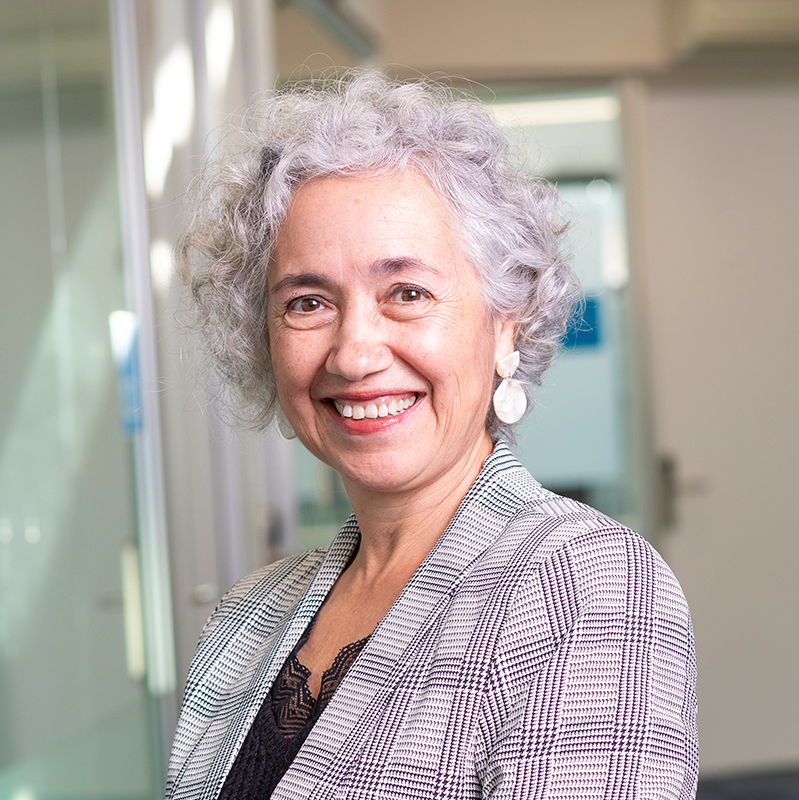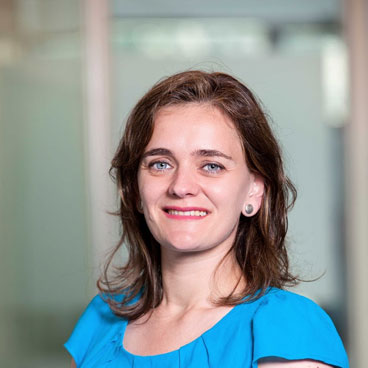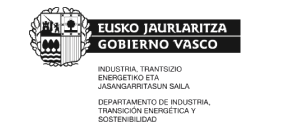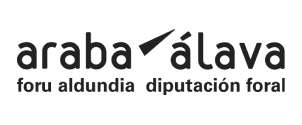Almost two years ago we wrote a post with reflections on citizen social science. We were coming back from the 1st National Meeting of Citizen Science, Social Sciences and Humanities where we shared the objectives of the European project YouCount, in which we participate, and that was was just starting. YouCount is a project that brings together young people and local stakeholders in 9 European countries to co-create new knowledge and innovations that contribute to increasing the social inclusion of young people. YouCount is based on the premise that young people know more about their lives, hopes and dreams than anyone and they participate in the project as citizen scientists. This approach to research is known as citizen social science.
Citizen social science emerges from the literature on citizen science, which involves collaboration with citizens throughout the research process (or in some of its phases). By learning how to do research, citizens are transformed into citizen scientists. While in citizen science the data collection phase focuses on the observation of natural phenomena (e.g. observation of birds or plant species), citizen social science focuses on social reality.
Although it shares notions such as mass participation and the scale of data collection with citizen science, citizen social science draws on data from citizens about their own life experiences. Scale in data collection is achieved through technology, and from our experience at YouCount we found that designing an application to collect this data (when the data is life experiences) is in itself a complex problem that needs to involve from the beginning not only potential users but data protection agencies in Europe, among other key stakeholders.
As mentioned earlier, another aspect of citizen social science worth highlighting is the importance of training. In order to participate as citizen scientists, young participants in YouCount have gone through a process in which they have learned how to formulate research questions, design data collection, conduct data analysis, and communicate and disseminate their results. If we connect with Heidi Ballard’s message during YouCount’s consortium meeting in San Sebastian a few weeks ago, that "people who know science have power", we can say that citizen social science is a form of citizen empowerment. Indeed, the role of science education and science communication in citizen social science makes it an excellent playground for people who do not usually have the opportunity to embark on a process of learning about science and science communication with other stakeholders. It can thus open up opportunities for citizen scientists to embark on a path of individual and personal learning about the scientific process, which contributes to bringing science closer to society at a time when the gap between the two worlds seems to have widened.
Finally, if we consider that in YouCount, the knowledge that citizen scientists contribute are their daily experiences of inclusion and exclusion, we are certainly talking not only about experiences, but also about emotions. What happens to those emotions once co-generated knowledge emerges from the app, the living labs, the dialogic forums and the informal spaces? We leave, unanswered, the question posed in our previous post: "are we willing to contaminate science with emotions?”
From what we have learned so far, we can see the potential of citizen social science as a research approach that can contribute to address some of the challenges of building territorial competitiveness for inclusive and sustainable wellbeing. Indeed, it requires a quadruple helix approach and multi-, inter- and trans-disciplinary processes. However, we need more learning processes through experimental projects at the local level, in order to learn by doing and exploit the full potential of citizen science in benefit of our society.

Patricia Canto
Patricia Canto is a researcher at Orkestra-Basque Institute of Competitiveness. She holds a PhD in Social Sciences (University of Deusto); an MPhil in Development Studies (IDS-University of Sussex); an MA in International Relations (University of Sussex) and a BA in International Relations from the Autonomous National University of Mexico (UNAM).

Usue Lorenz
Usue Lorenz, research facilitator at Orkestra, has a Degree in Economic and Business Science, specializing in International Management, and completed her training with a Master's Degree in International Management and various courses related to the competitiveness of regions (courses and conferences related to innovation, regional development and European innovation programmes).













